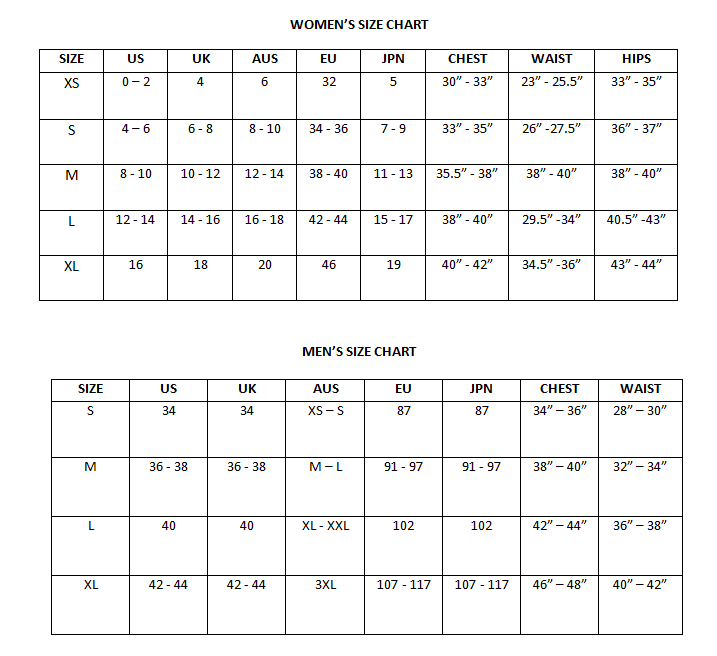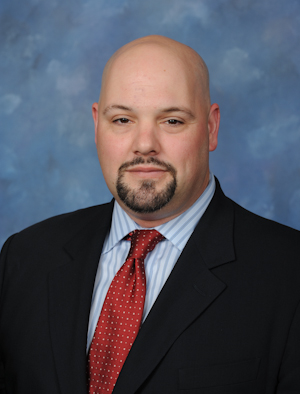FREE SHIPPING
Free shipping on all US order or order above $200
The Washington Post, September 3, 2017 article serves as our introduction and backdrop: The videotaped arrest of a nurse at a Salt Lake City hospital — after she told police, correctly, that they weren’t allowed to draw blood from an unconscious patient — has been roundly condemned by national nursing organizations, Utah officials and even the local police department.
The July 26 incident, captured by an officer’s body camera, was made public last week after the nurse came forward. Since then, several groups have echoed the nurse’s outrage, calling for greater consequences for the police detective in question and demanding increased awareness of patient-consent laws.

All orders shipped with UPS Express.
Always free shipping for orders over US $250.
All orders are shipped with a UPS tracking number.
Items returned within 14 days of their original shipment date in same as new condition will be eligible for a full refund or store credit.
Refunds will be charged back to the original form of payment used for purchase.
Customer is responsible for shipping charges when making returns and shipping/handling fees of original purchase is non-refundable.
All sale items are final purchases.
Give us a shout if you have any other questions and/or concerns.
Email: contact@domain.com
Phone: +1 (23) 456 789

Richard Bays, JD, MBA, RN, CPHQ has served in numerous capacities in the healthcare field ranging from hands on clinical services, administrative and regional operations. His experience includes ambulatory surgery center bill & policy consultation, medical- legal consulting for healthcare attorney groups and oversight of accreditation, licensure and regulatory compliance programs.
In the state of Texas, Mr. Bays has implemented quality assurance tracking programs for the City of Austin, developed and taught educational programs for the Texas State Department of Health Services, and served as an advisory committee member on several healthcare House and Senate bills. Mr. Bays also has experience in performance improvement and quality program reporting for federal reimbursement and with financial analysis for health insurance plan negotiations.
The Washington Post, September 3, 2017 article serves as our introduction and backdrop: The videotaped arrest of a nurse at a Salt Lake City hospital — after she told police, correctly, that they weren’t allowed to draw blood from an unconscious patient — has been roundly condemned by national nursing organizations, Utah officials and even the local police department.
The July 26 incident, captured by an officer’s body camera, was made public last week after the nurse came forward. Since then, several groups have echoed the nurse’s outrage, calling for greater consequences for the police detective in question and demanding increased awareness of patient-consent laws.
Richard Bays brings to our attention that there are many questions that need to be answered about medical informed consent and what does the law say about this subject that obviously the Salt Lake City police officer failed to recognize in this article.
LEARNING OBJECTIVES:
PRICE: $139.00 per account password user
Once you and any/all staff have reviewed this presentation, you will be eligible to receive a Certificate of Participation worth 1.0 Credit Hour of continuing education. You simply contact us at events@excellentiagroup.com requesting your certificates, using the Certificate Request Form found in the link below. You will need to provide a typed list of all participants first and last names, position title (RN ,BSN, etc.), license numbers (if professionals) and date of completion.
* Excellentia Advisory Group LLC is approved by the California Board of Registered Nursing, Provider CEP 15481: Issue Date: 4/6/2010;
| 3D Thumbnail | no_selection |
|---|
Free shipping on all US order or order above $200
Contact us 24 hours a day, 7 days a week
Simply return it within 30 days for an exchange.
We ensure secure payment with PEV